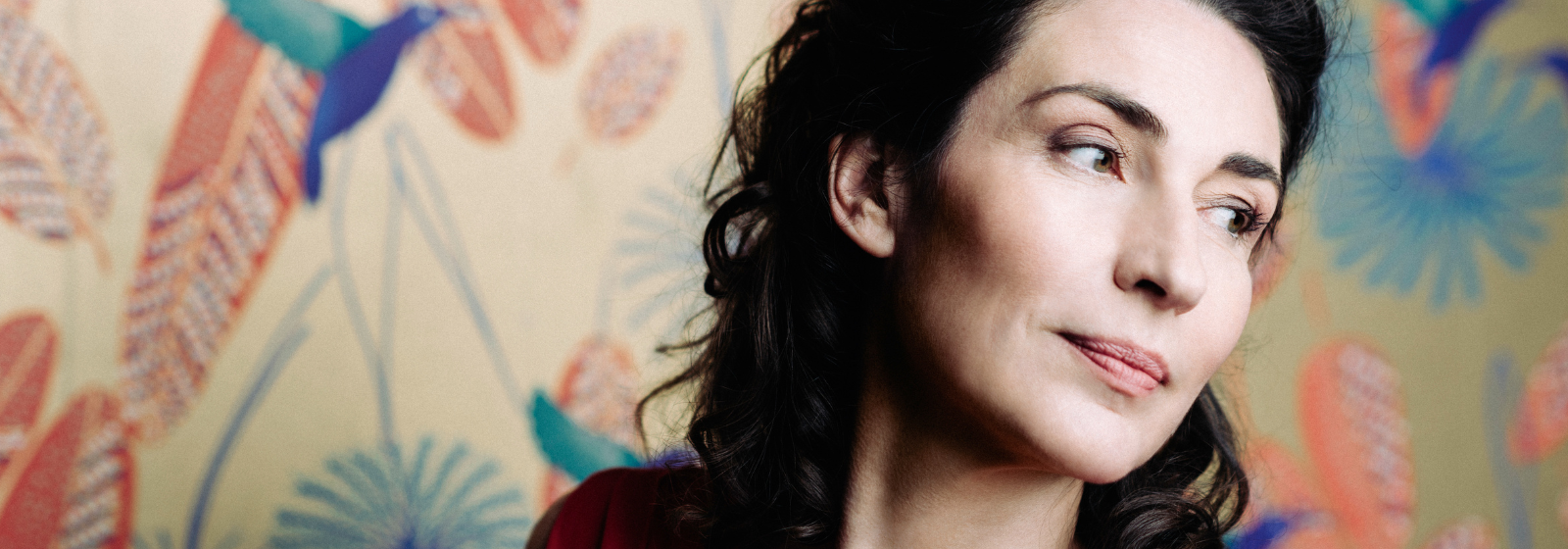
Budapest
WERTHER
Kocsis season ticket 2
Jules Massenet: Werther
Charlotte Véronique Gens
Werther Tassis Christoyannis
Sophie Hélène Carpentier
Albert Thomas Dolié
Le Bailli Matthieu Lécroart
Schmidt Artavazd Sargsyan
Johann/Brühlmann Laurent Deleuil
Choir of the Zoltán Kodály Hungarian Choir School (choirmasters: Borbála Sapszon and Márton Tóth)
Hungarian National Philharmonic Orchestra
Conductor: György Vashegyi
It is in interesting contradiction that Johann Wolfgang Goethe’s two pivotal works – Faust, which offers philosophical answers to the unavoidable questions of existence, and (the somewhat autobiographical) Werther, considered a prototypical representative of the Sturm und Drang movement – both entered music history courtesy of French composers in the form of operas by Gounod in the former case and Massenet in the latter. György Vashegyi, who has been working closely with the French musical repertoire for many years, will conduct the Hungarian National Philharmonic Orchestra’s concert version performance of Werther on this evening.
Who would have thought that the Leipzig Book Fair was already being held in 1774? This was the year when Goethe’s epistolary novel The Sufferings of Young Werther was published, which – in today’s parlance – immediately became a bestseller (and was first translated into Hungarian by Ferenc Kazinczy). It was followed by a devastating Werther mania that spread across Europe, launching a wave of suicides among world-weary unrequited lovers.
Jules Massanet, the French composer who set it to music, was already the child of a different era, having been born in 1842, the year of Goethe’s death. Although his operatic output was prolific – he wrote more than 30 such works – only two of them were actually highly successful: Manon (1884) and Werther (1892). The latter received its world première not in Paris, but in Vienna, since the Opéra Comique proved unwilling to stage this four-act drame lyrique owing to its “overly serious” plot. This meant it was the audience at the Hofoper that got the first chance to applaud the opera based on this still-popular work, on 16 February 1892.
The international cast of soloists for this performance by the Hungarian National Philharmonic Orchestra conducted by György Vashegyi consists of leading singers, most of whom are already familiar to the Hungarian audience from the conductor’’s previous productions.
Co-production Hungarian National Philharmonic Orchestra / Palazzetto Bru Zane
https://bru-zane.com/en/
Score published by Heugel
Recording for the ‘French opera’ series – Bru Zane Label

